(BPT) - A new Global World Water Day Report from Culligan International found that 67% of North Americans are somewhat to significantly concerned about the impact of increasing pollution on drinking water.* The report, focused on global water habits, found North Americans' concern about pollution is significantly higher than those residing in Australia (45%) and Europe, the Middle East and Africa (42%). Given that 72% of water consumption happens at home in North America, the world leader in water treatment is sharing four important steps homeowners can take to ensure the water in their home is cleaner, safer and fresher to drink:
1. Know where water contamination can occur. Water impurities are not limited to water sources; distribution systems can contaminate water after it has been treated by local municipalities and private wells. While many naturally occurring chemicals and impurities can be filtered at the source, additional contamination can occur in service pipes. These are commonly found in homes built prior to 1986 when lead pipes, fixtures and solder were regularly used.
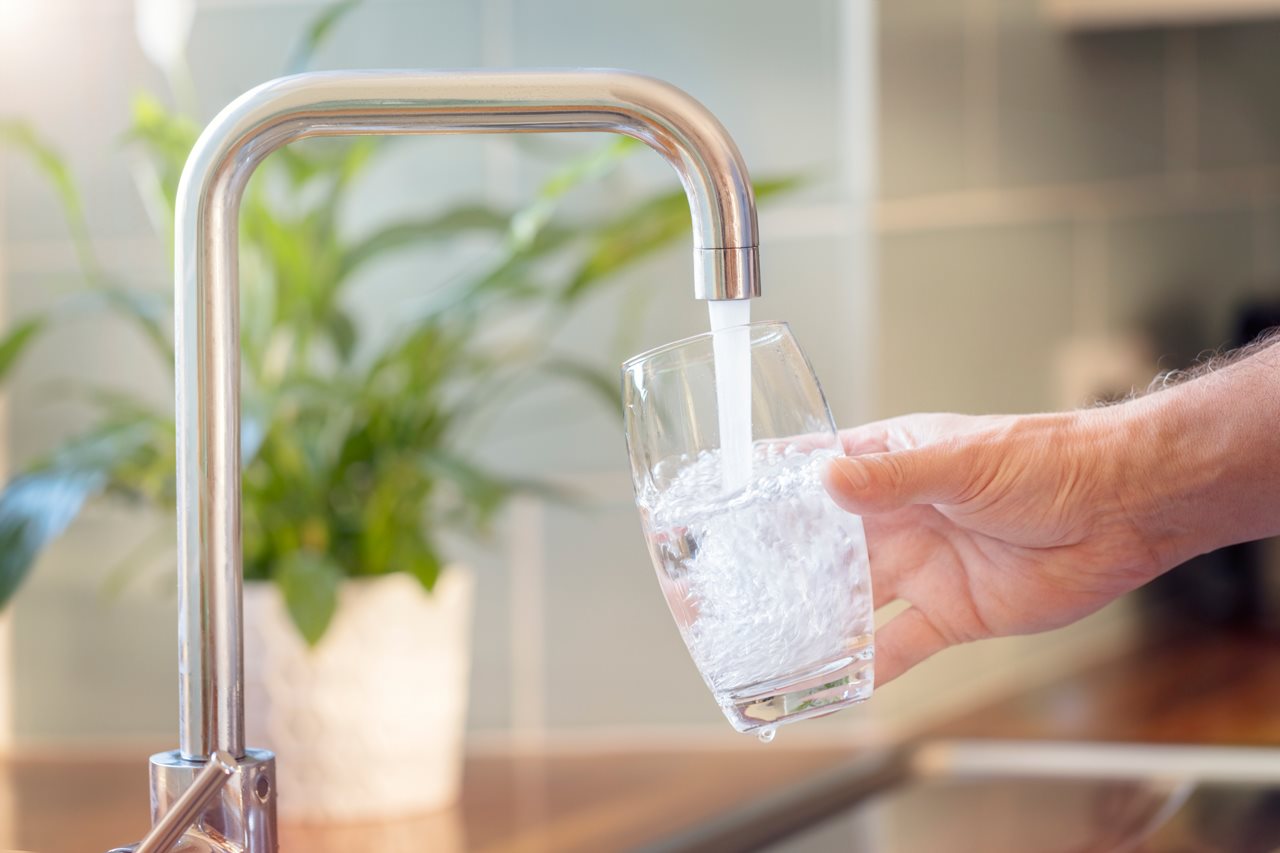
2. Notice issues that may be caused by water impurities. Some signs of problem water include corroded plumbing fixtures, unpleasant odors, limescale residue, disagreeable taste, discolored water and even shortened appliance lifespan. Some water contaminants cannot be detected by taste, odor or color. In these cases, only a water test can identify an issue.
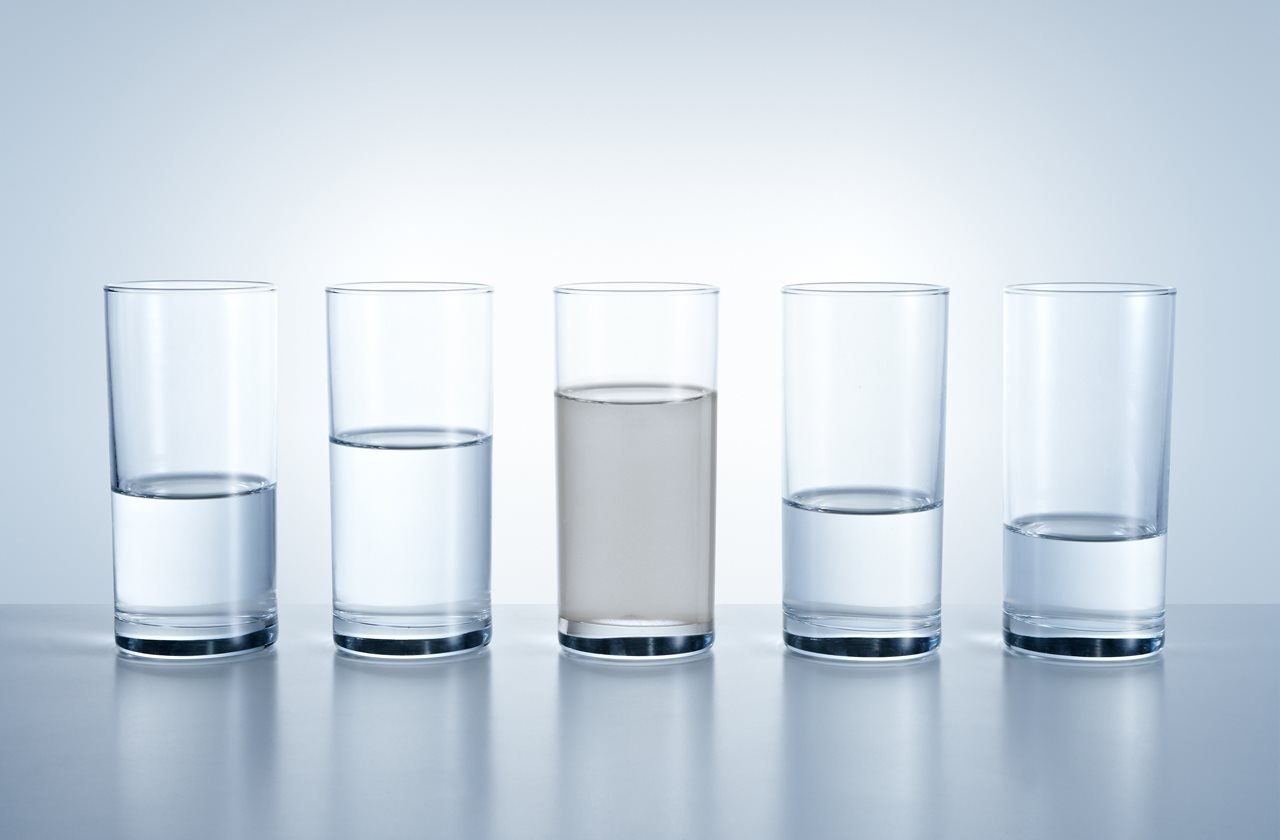
3. Schedule a test to identify impurities in your water. Given the many ways water contamination can occur, having your water tested by an expert is an optimal way to determine which steps to take to eliminate any harmful impurities. It's important to schedule a water test, especially after moving into a new house, if appliances using water collect residue or burn out, and as soon as a change in your water's taste, odor or appearance occurs. Well water should be tested whenever any changes such as color, taste, odor or cloudiness are noticed.
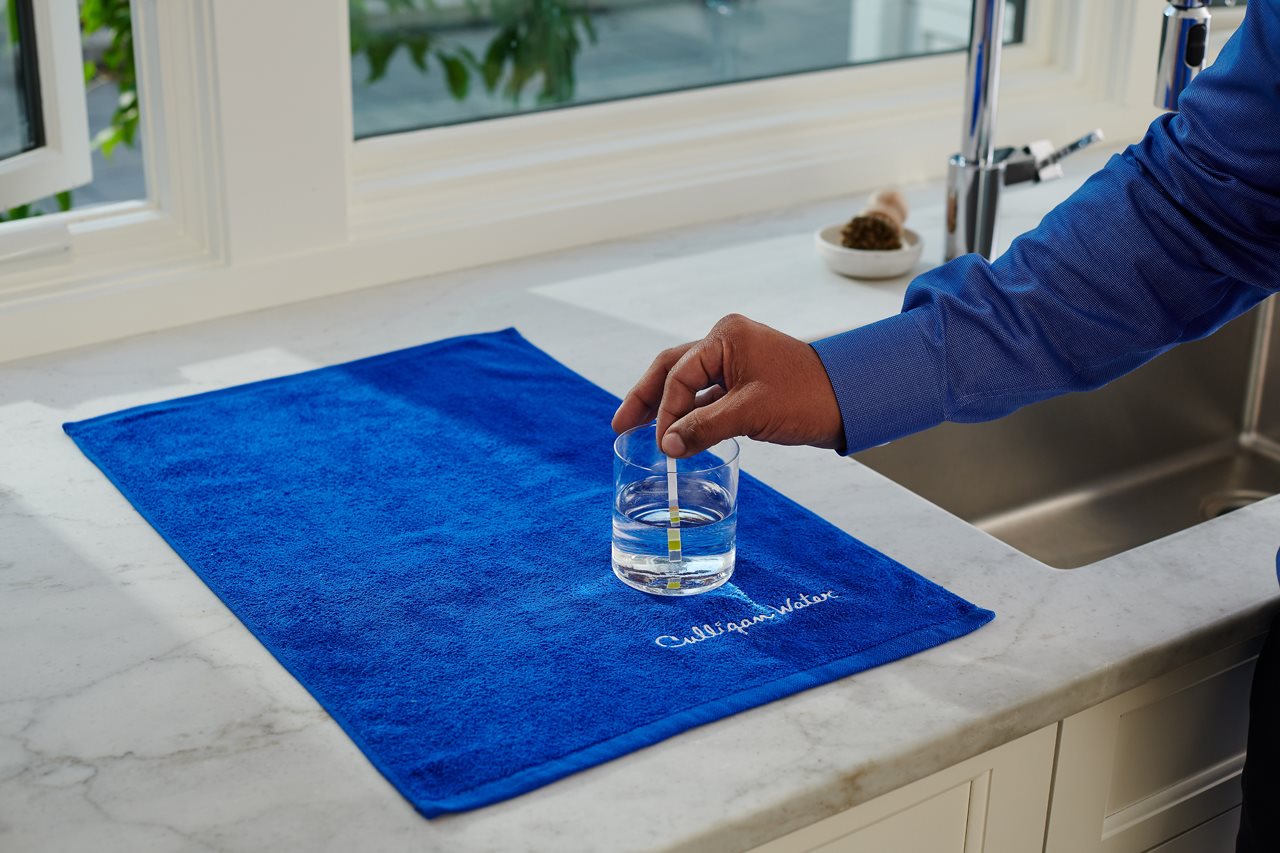
4. Install a water treatment system that meets the needs of your home. Work with your treatment professional to determine the best solutions for your needs such as water softeners, reverse osmosis systems and specialty filters to reduce specific impurities.
For filtered drinking water at the source, the Culligan Aquasential® Smart Reverse Osmosis (RO) Drinking Water System is the World's Most Efficient RO Drinking Water System.** With up to seven stages of filtration and 14 filter options, it is certified to reduce more than 70 contaminants including lead, arsenic, pharmaceuticals, volatile organic compounds (VOCs) and PFOA/PFOS. With the Aquasential Smart RO, homeowners can have peace of mind with an unlimited supply of great-tasting, cleaner, safer water.
Hard water is a common issue experienced in many homes across North America. In fact, the study found 50% of North Americans are bothered by limescale in their homes but only 35% have installed a water softener to combat it. Culligan's Aquasential® Smart High Efficiency (HE) Water Softener offers high-efficiency water softening and is the world's most efficient water softener***. This softener can optimize salt, water and electricity, with smart features to track water usage, set goals and receive service notifications like low salt alerts.
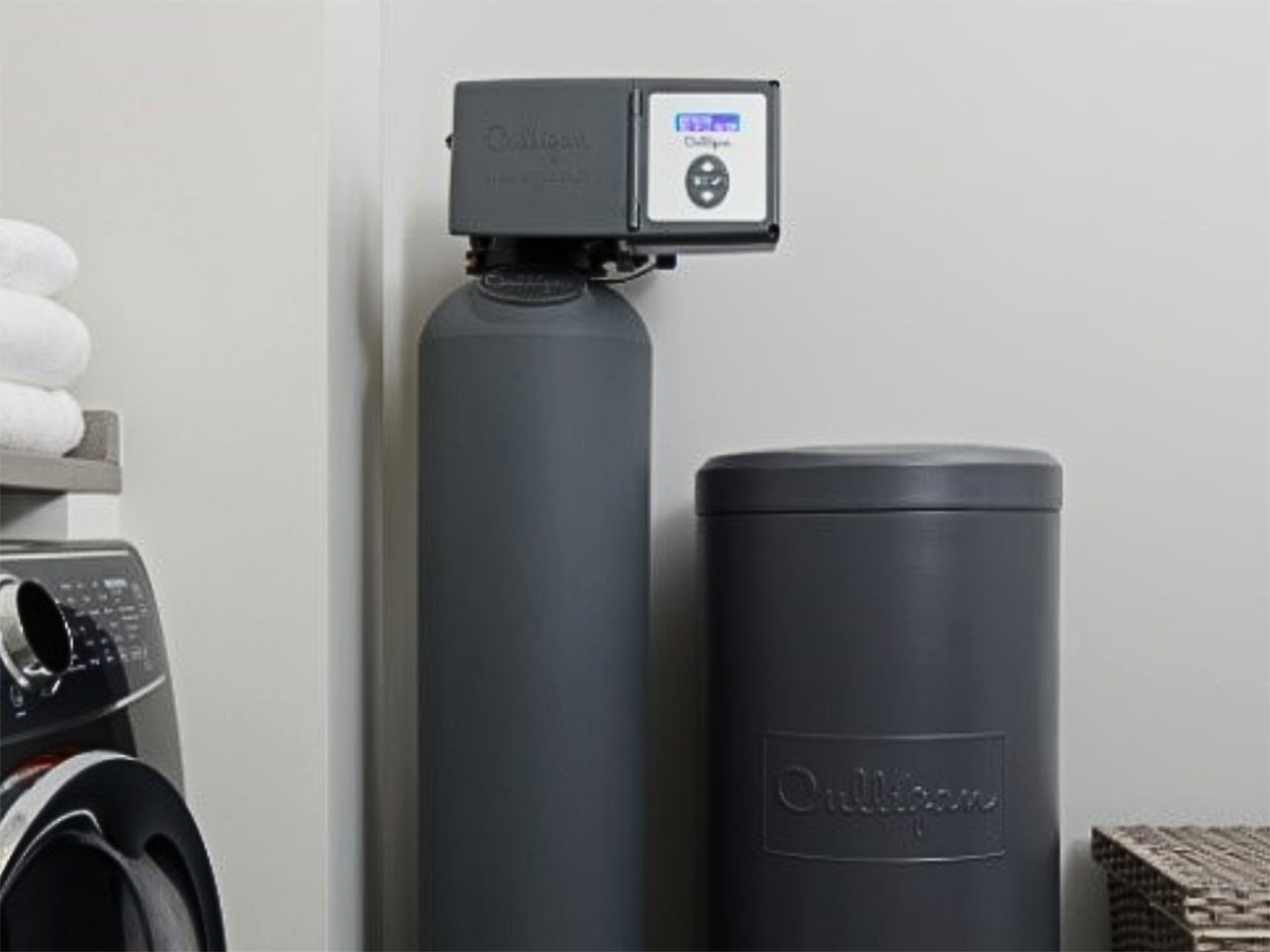
Additional interesting findings from the World Water Day Report include:
- A general lack of knowledge about water-related issues including pollution and benefits globally.
- Internationally, more than 1 out of 2 respondents don't drink water regularly during the day, but mainly when they feel thirsty (North America: 37%; Australia: 41%; EMEA: 33%).
- The ideal amount of water to drink is 9 cups per day; North Americans get close to the target with 68% indicating they drink 8.1 cups or less per day.
- Despite environmental impacts, consuming water from plastic bottles is increasing, both at home and outside the home. In fact, 62% of North Americans drink from single-use plastic bottles at home and 70% do so while out in the world.
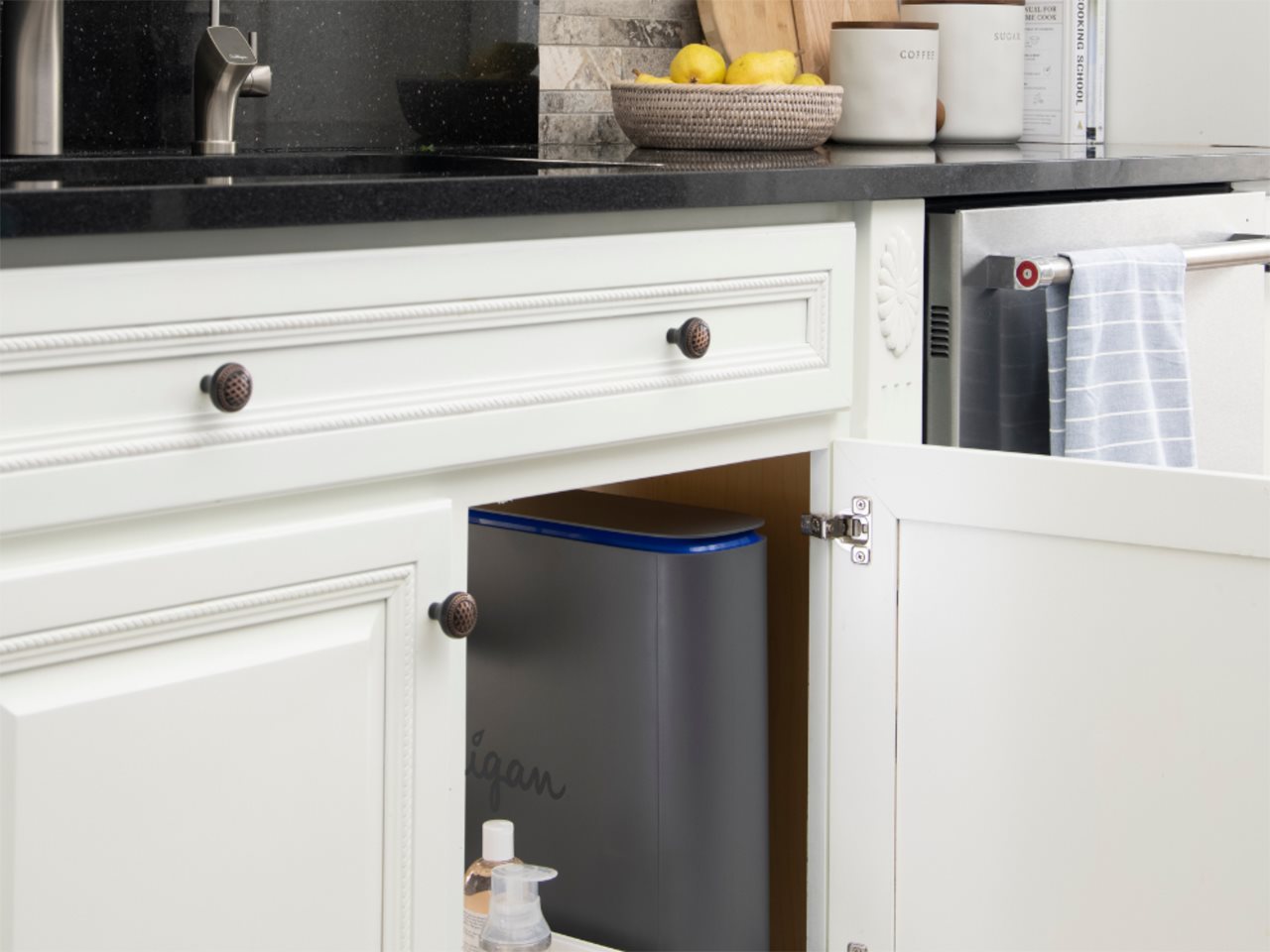
For more information about water treatment products, including water softeners, drinking water systems and whole-house systems, visit www.culligan.com.
*Based on a February 2024 Culligan study on water usage habits inside and outside the home
**Efficiency is based on 3rd party testing to NSF standards.
***HE Softener when configured with proportional up flow brining with Aqua-Sensor® technology.












